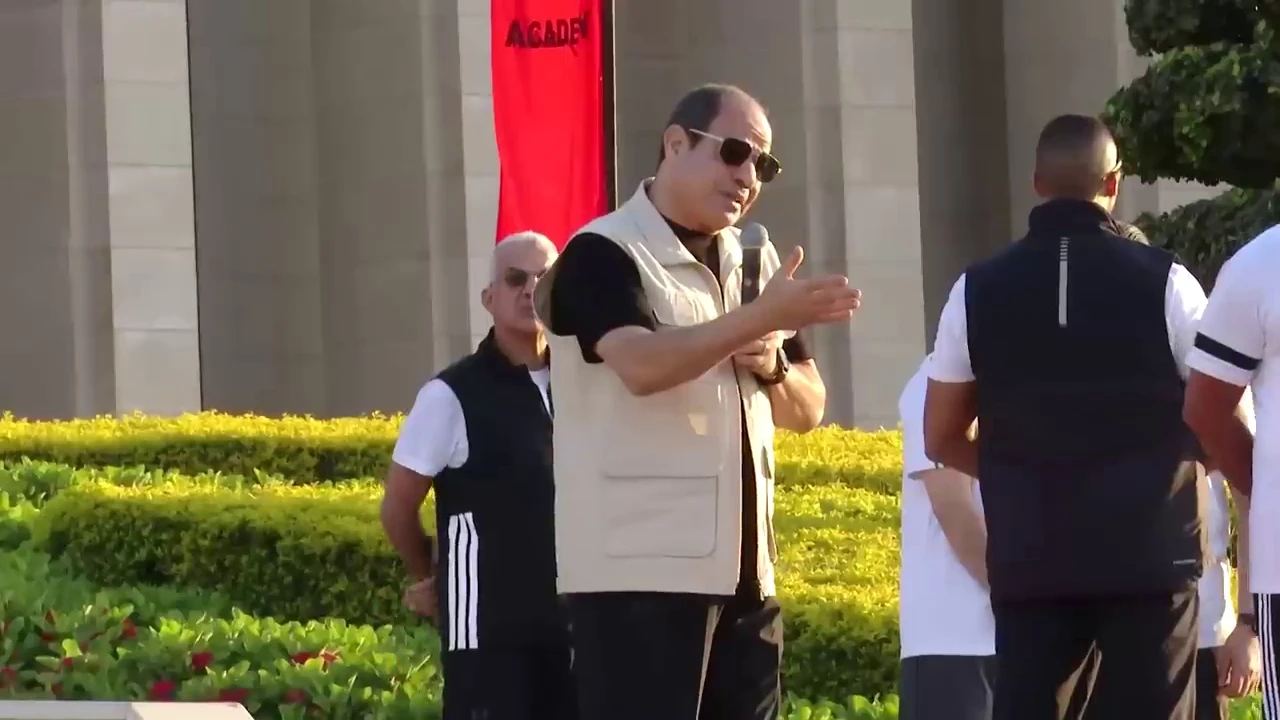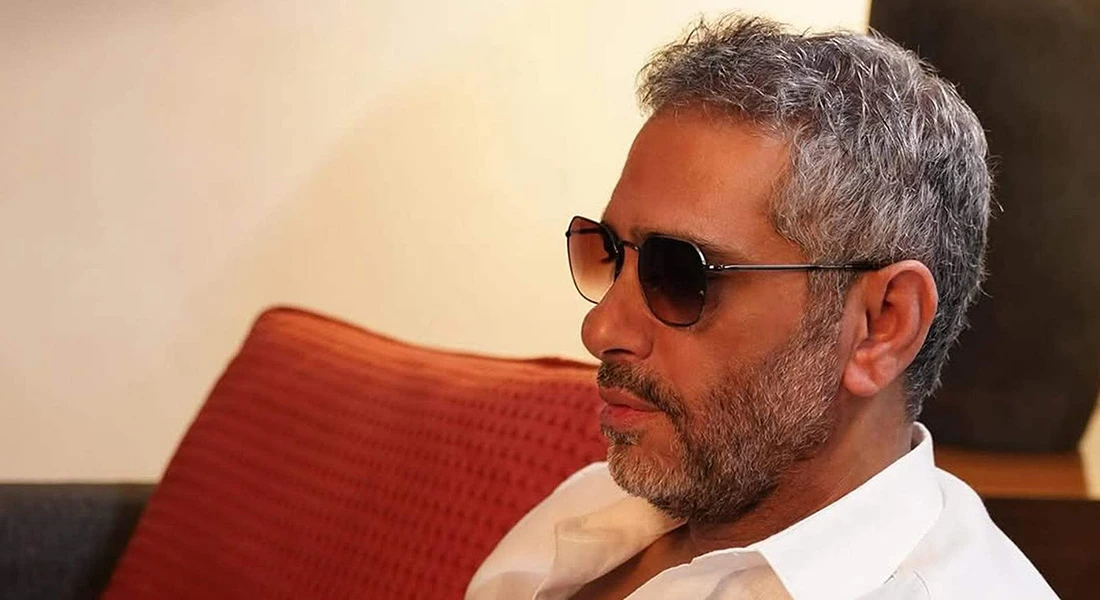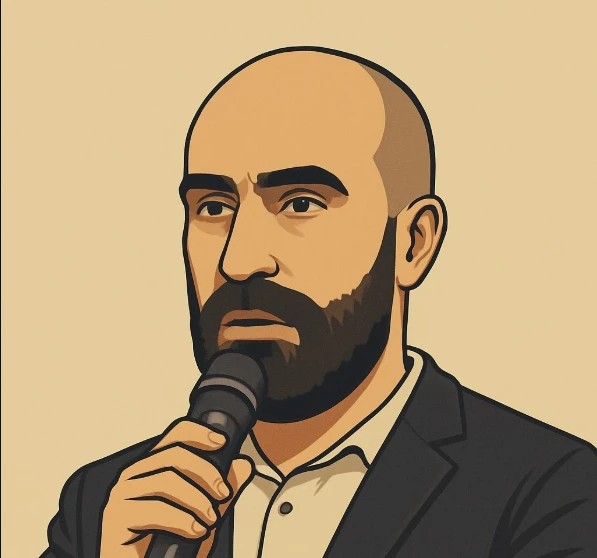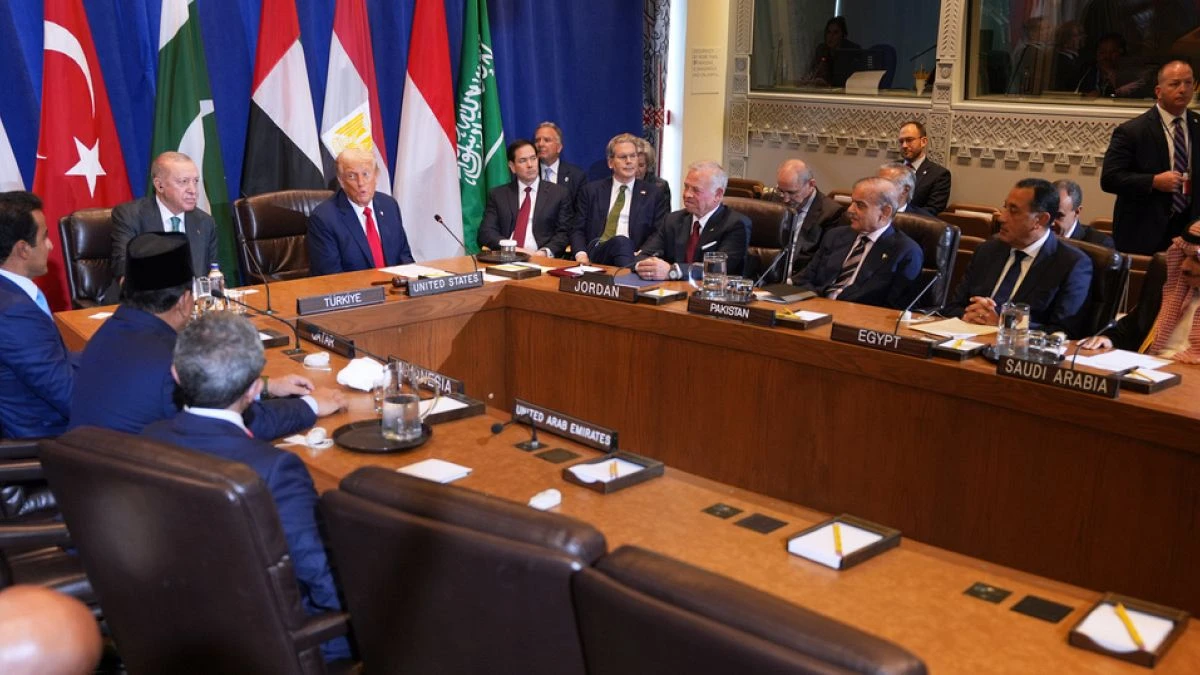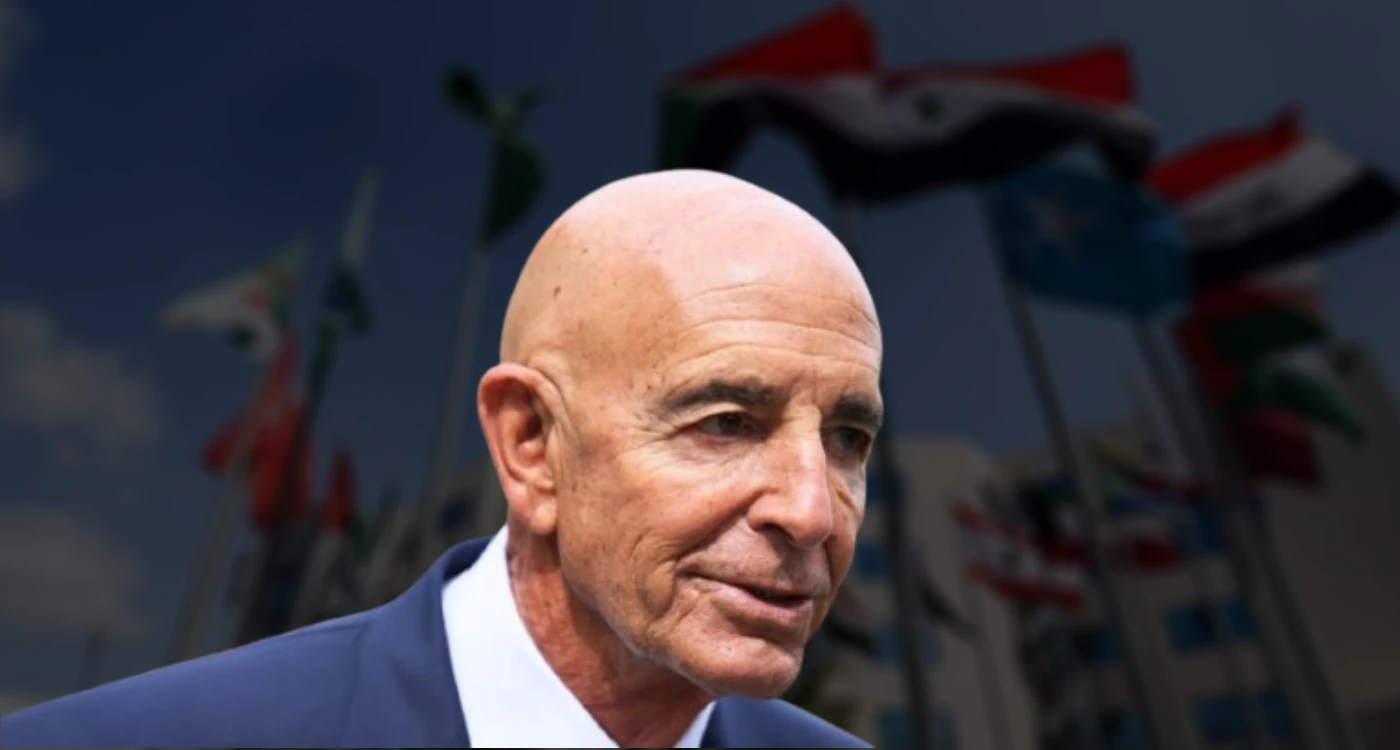Revolutionary Guard: Between Protecting Power and the Fall of Presidents – A Case Study of Morsi and Al-Shar'aa
This is an AI-generated English translation. The original text is in Arabic.
While the military coup forces in the Arab region have created their own revolutionary guard under legal names to escape accountability and establish a direct connection with the Iranian model, Al-Shara has stripped himself of the revolutionary guard that led the Syrian revolution to overthrow Bashar al-Assad.
Al-Shara should retain his revolutionary guard if he wishes to remain in power or lead his revolution to success. The term "revolutionary guard" is not exclusive to the Iranian case; rather, it is a diverse and widespread phenomenon throughout the Middle East, from the Gulf to the ocean.
The only difference lies in the fact that Iran has named its corps the Revolutionary Guard, while other regimes in the region have transformed regular armies and security apparatuses into a covert revolutionary guard under another guise, tasked with preserving the current form of governance and ensuring that specific, approved figures reach power so that the state does not deviate from the role prescribed for it by its controllers, similar to Iran. It could be said that Iran borrowed this idea from the surrounding Arab regimes rather than the other way around, but it did not choose the name wisely as later became evident.
The Experience of the Egyptian Army and the Legal Revolutionary Guard
For example, the Egyptian army is the most legitimate and acceptable form in Western circles as a representation of the idea of a revolutionary guard in Egypt, which intervenes when it believes that the state has begun to take a path far from its ideological and doctrinal principles, represented in establishing a state that adopts a mixed blend of right-wing, liberal, communist, and socialist ideas in a manner that seems to have gathered the worst of these ideologies while still maintaining a legal form that pleases the international system, especially its supporters from Western countries.
Immediately after the military coup and following the ousting of most military figures who could threaten its survival in the years that followed, Sisi improved the status of the army as a revolutionary guard in the Egyptian constitution through the 2019 amendments, which granted the army the right to intervene and preserve the civil state and democracy, making the Egyptian army a guardian of the Egyptian people and the system of governance dependent on the army's approval. This is the very essence of the revolutionary guard, despite the fact that the current Egyptian regime led by Sisi is an authoritarian and repressive regime. Nevertheless, the army did not intervene because this is the ideology it accepts, and here the interpretation of the term "the gains of the people" for the army becomes clear.
Article 200 of the Egyptian Constitution:
The armed forces belong to the people, and their mission is to protect the country, maintain its security and territorial integrity, uphold the constitution and democracy, and preserve the fundamental components of the state and its civil nature, as well as the gains of the people and the rights and freedoms of individuals. The state alone is responsible for establishing these forces, and it is prohibited for any individual, entity, authority, or group to create military or paramilitary formations or organizations.
The Experience of Mohamed Morsi and the Lessons Learned
Thus, when Mohamed Morsi came to power, the army could not resist its instinct as a covert and legal revolutionary guard established after the June 1952 coup and quickly began to disobey orders and openly act against the then-elected president, Mohamed Morsi, leading to his overthrow through a military coup disguised as a revolutionary movement.
In a statement confirming this, the Egyptian ambassador Anne Patterson said that the Egyptian army was the one that ousted Morsi and perhaps it will be the one to oust Sisi in the future. This statement came two months before Sisi amended the constitution to legally and constitutionally grant the army the right to carry out military coups.
Despite all the international guarantees and support that Mohamed Morsi received at the time, or at least the lack of overt opposition to his rise to power, most of the countries that showed him apparent support were, in fact - under the surface - working hard to overthrow him and prevent him from completing his presidential term, thus allowing him to dismantle the army, which was approved by the West and the region, and to reorganize a new revolutionary guard of his own that could pose a threat to regional countries or destabilize the surrounding regimes that had become accustomed to the current form.
The Challenges Facing Al-Shara
Al-Shara is going through a phase similar to that of Morsi, with enticing promises and a warm reception at the United Nations and among the rulers of Europe and the region, along with many promises of investments and the signing of economic cooperation agreements, many of which have yet to be initiated despite being signed months ago.
Al-Shara is also surrounded by many countries in the region that do not wish for his continued presence, no matter what intellectual and doctrinal concessions he offers them, because his image as the president of a state that came through war itself, whenever it is repeated before their peoples, instills a fear in these rulers that cannot be accepted in their systems and gives a slight impression that peoples can liberate themselves from their tyrants through the same means.
Moreover, the elimination of Ahmad Al-Shara's project is the ultimate goal for these regimes to confirm to their peoples that the only way to coexist in the region is to submit to the rulers of the region and not to contest them or demand freedom, dignity, and justice; rather, the peoples should be grateful that these regimes provide them with air to breathe.
If Al-Shara does not pay attention to all these factors and ensure an understanding of the nature of the political reality surrounding him, he may face challenges similar to those faced by Morsi, according to the developments of previous political events. Morsi, who came to power through free elections, ended up dead in his prison cell, illustrating the complexity of the risks that may face anyone who reaches power through a military revolution.
The Balance Between the Revolutionaries and the Previous Regime
Since the success of his revolution and his rise to power, it seems that Al-Shara has brought some officers from the previous regime and its militias closer at the expense of his revolutionary soldiers and other revolutionary factions ideologically linked to him, without necessarily considering the interests of the revolution and its original goals. At the same time, some of the security apparatuses under his control, established after reaching power, continue to act forcefully against supporters of the revolution or veteran revolutionaries, reflecting the difficulty of maintaining a real balance between revolutionary elements and the previous regime and giving a strange indication of the importance of both parties to him.
Note: This article is a personal analysis and reading of political and historical events, and it does not relate to supporting or rejecting any of the names or institutions mentioned herein. The information provided is based on public sources and analysis of events, aimed at presenting political and historical analysis rather than defamation or direct accusations.
Sources:
  1. The Guardian. Mohamed Morsi, ousted president of Egypt, dies in court https://www.theguardian.com/world/2019/jun/17/mohamed-morsi-dead-ousted-president-egypt-collapses-after-court-session
  2. Ibanet. Morsiâs death highlights inhumanity of Egyptâs prisons. https://www.ibanet.org/article/1da07fd1-e1d2-451c-a29b-fcc045467c4c
  3. Constitute Project. Egyptian Constitution 2019. https://www.constituteproject.org/constitution/Egypt_2019?lang=ar
  4. Wikipedia. Islamic Revolutionary Guard Corps. https://en.wikipedia.org/wiki/Islamic_Revolutionary_Guard_Corps
   Â


